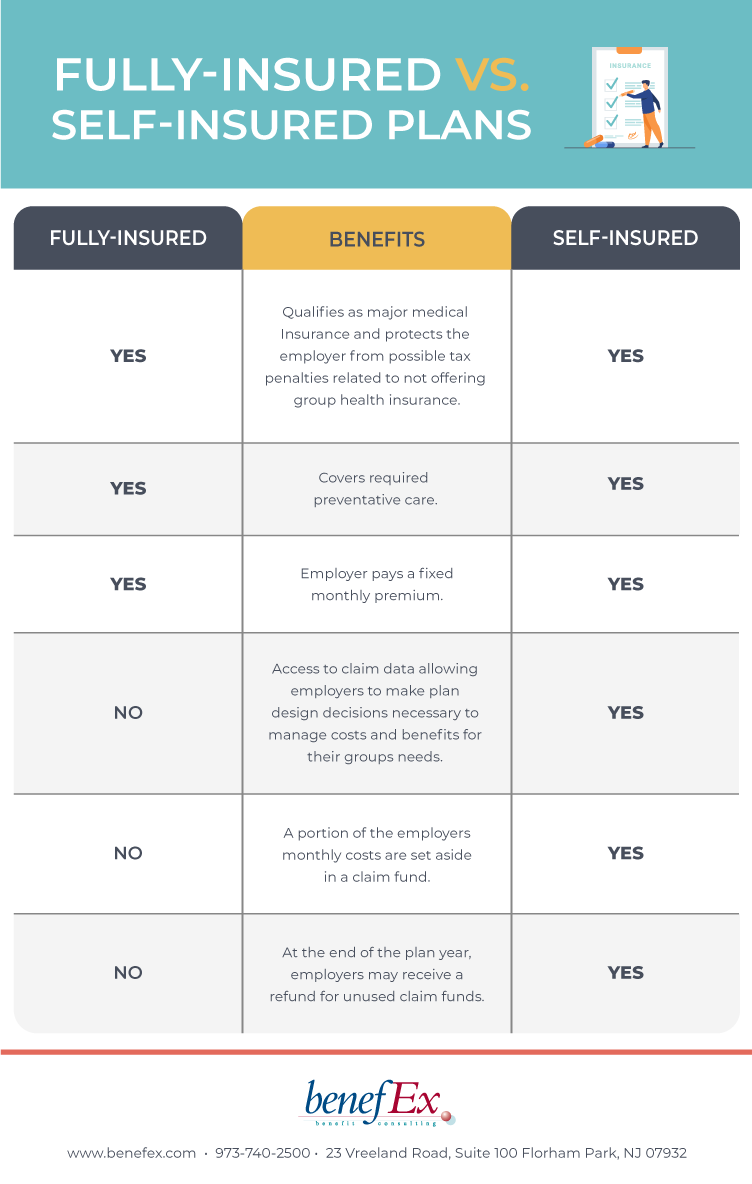
It's important to find out which types of plans are offered when you shop for New Jersey insurance. Some plans have premiums based on age, while others are based on location. This article will provide information about the different types of New Jersey health insurance plans. Also, you'll learn how to avoid overpaying and how to maximize coverage.
New Jersey health insurance costs
You will find that the cost of New Jersey's health insurance is highly dependent on your specific circumstances. If you do not require routine medical treatment, you can choose a Bronze or lower-cost plan. If you need frequent doctor visits, or to purchase prescription drugs, a Silver plan may be a better choice.
The average cost of a New Jersey health insurance plan increased by 3% between 2021 and 2022. The greatest jump was observed in bronze plans. New Jersey regulations have also made it difficult to regulate the cost of health insurance. As they don't typically provide essential benefits, short-term health insurance plans cannot be offered. They also require medical underwriting.
Different types of plans
There are many options when shopping for New Jersey health insurance. You can purchase a Health Maintenance Organization plan or an Exclusive Provider Organization plan. A HMO is an affordable option and is a good choice for people who want to stay within a network of doctors and specialists. EPO plans allow you to choose your own provider network, and can offer more comprehensive coverage.

You should consider your income level when searching for New Jersey insurance. Medicaid can provide lower-cost coverage for low-income individuals. Others may qualify for subsidized health coverage at a reduced cost or for free through a health insurance marketplace.
Premiums based upon age
New Jersey's law does not permit age-based insurance premiums. However, age does play a large role in the cost of health insurance. The premiums for younger people are lower than those for older individuals. There are also certain discounts based on age and income, such as premium tax credits for seniors and cost-sharing reductions for people with low incomes. When you apply for a health insurance policy, you will be given a precise quote. Premiums will vary depending on what type of plan you choose and how old you are.
New Jersey offers two types of health insurance. The first is the Health Maintenance Organization (HMO). Another is an Exclusive Provider Organization. An HMO requires that you use a network doctor to get care. However, if you need a specialist, you can choose to visit a different provider. You can visit doctors outside of your network through the EPO option.
Premiums based upon location
The cost of individual health insurance in New Jersey varies widely. It all depends on your individual health needs and preferences. The Gold plan is recommended if you are a regular visitor to your doctor. While this plan comes with higher monthly rates and deductibles, it will cost you less for office visits and deductibles. In contrast, if you rarely use your health insurance, you might want to go with the Bronze plan. Bronze plans have lower monthly rates but higher deductibles and copays. These plans are best for those who don't use their insurance often.
New Jersey health insurance costs vary depending on where you live. This means that you will pay more in some counties than in others, depending on where you live. A New Jersey health insurance policy for a 40-year old will cost $583 per month by 2022. This is 3% more than 2021. An IHC Silver EPO AmeriHealth Care Advantage $45/40% plan is the best option for most New Jersey residents. It costs $398 per monthly. Horizon Blue Cross Blue Shield’s Value Access silver is the lowest-cost Silver plan.

Short-term plans
A variety of insurance carriers offer short-term health insurance plans. They are the best option for some people, even though the term may seem very short. The short-term plan is ideal for people with no health insurance or low-cost coverage, while the longer-term plan is the best choice for people with pre-existing conditions and prescription drugs. The cost of both types of plans depends on your individual needs.
Although benefits and coverage are often limited in a short-term policy, many people find them easy to use and affordable. The coverage provided is typically limited to emergency care and may not be as comprehensive as major medical or health insurance. Although short-term plans may not offer the same benefits as long-term plans, they can be a cost-effective option for those who are temporarily without health insurance or who are not working. Using a comparison site to find the right New Jersey short-term medical insurance plan is a good idea to ensure that you're getting the right coverage at the right price.